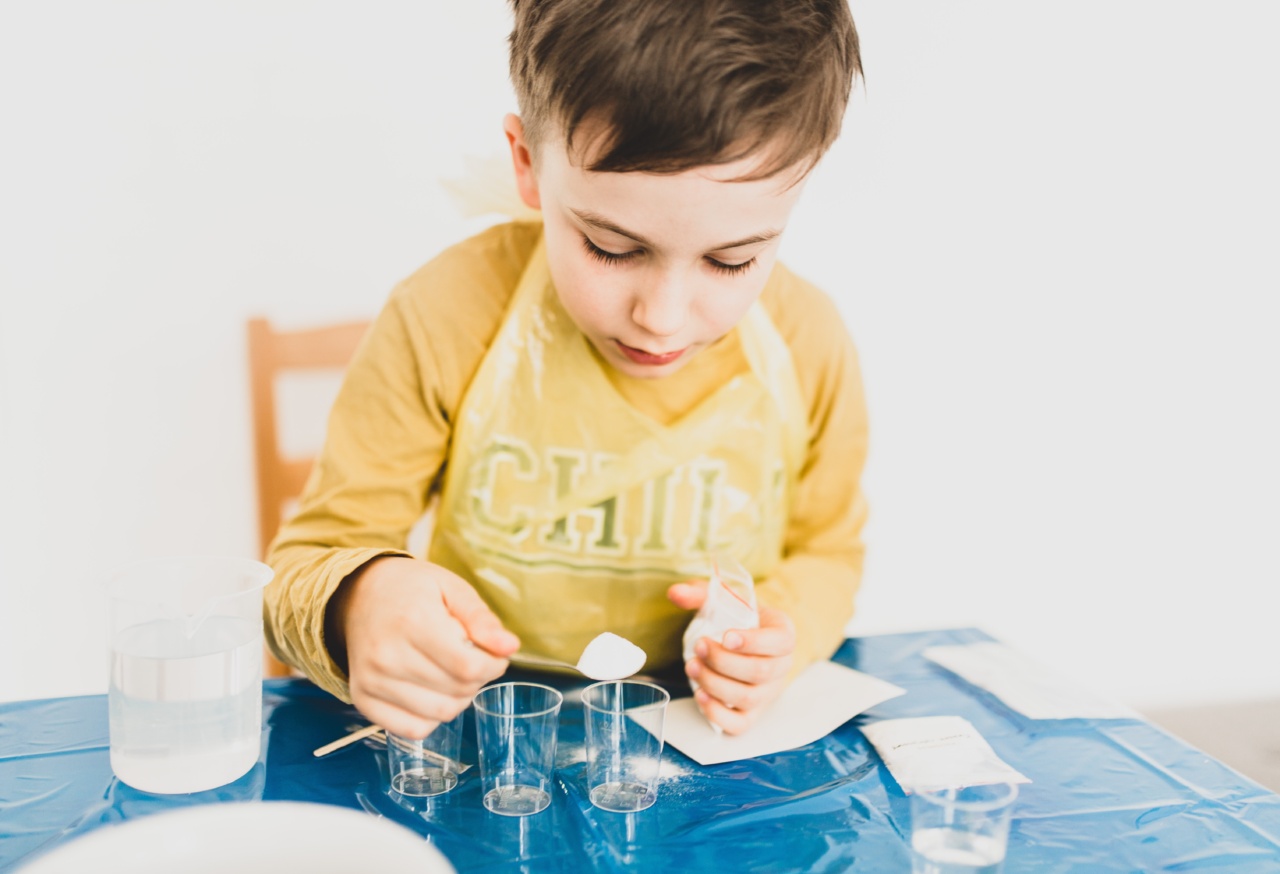The correlation between mental health and creativity has been a subject of debate for a very long time. Whether it is Vincent Van Gogh or Sylvia Plath, legends have often been associated with diagnoses of psychiatric disorders.
However, it is essential to take into account the ways in which depression, bipolar disorder, and other mental illnesses play a role in aiding creativity and inspiration.
Understanding the Link: Depression and Creativity
Dealing with depression is a complex and challenging experience. It is a mental illness that can disrupt an individual’s cognitive, emotional, and physical functioning.
Despite its adverse effects on an individual’s life, many successful artists, writers, and musicians have encountered depression, leading them to channel their experiences to create some of the world’s greatest masterpieces.
One theory called the “Unhappy/Happy Hypothesis” suggests that depression can be beneficial for creativity.
It states that depression can cause an individual to become hyper-focused on a problem and thus more creative in finding solutions to it. Being in a state of sadness allows the mind to wander and question reality, and artistic expression becomes an effective coping mechanism.
The Mania Connection: Bipolar Disorder and Creativity
Bipolar disorder, formerly known as manic depression, is a mental illness where an individual experiences episodes of depression and mania. Manic episodes are periods of elevated or irritable mood, excessive energy, and impulsive behavior.
While manic episodes may cause destruction in personal and professional life, it has also been associated with improved creativity, energy, and inspiration levels.
Psychologists have observed that individuals in a manic state have more fluent and creative thoughts, leading to the generation of creative ideas.
A study conducted by Andreas Fink and colleagues found that creative people could maintain their productivity levels even in a state of hypomania (a mild form of mania). It suggests that bipolar disorder has the potential to enhance creativity levels, leading to better artistic outputs.
The Neuroscience of Inspiration
Neuroscience research has been an essential tool in exploring the workings of the brain and the ways in which it impacts creativity.
Researchers have found that neural processes during the creative process differ from those that occur during the non-creative process.
Scientists have observed that when an individual begins to engage in brainstorming or creative thinking, there is an increase in alpha waves produced in the occipital and parietal lobes of the brain.
Increased alpha waves indicate relaxed and calm states of mind, indicating that a relaxed mind is more open to create connections and find innovative solutions.
Creativity has also been associated with the prefrontal cortex, an area of the brain responsible for higher order thinking and decision-making. Damaged prefrontal cortex is often correlated with cognitive deficits and decreased creativity levels.
However, it is essential to note that excessive activation of the prefrontal cortex can lead to overthinking, limiting creativity levels.
The Role of Serotonin in Inspiration
Serotonin is a chemical messenger in the brain and plays a pivotal role in regulating mood and emotions. Low levels of serotonin are linked to depression, anxiety, and lack of motivation.
In contrast, elevated serotonin levels are observed in individuals in a state of contentment, leading to better workflow and increased inspiration levels.
Research on the impact of serotonin on creativity is yet to reach a conclusive result. However, studies have shown that serotonin receptors, particularly the 5-HT2A receptor, have a positive effect on levels of creativity and imagination.
Serotonergic neurotransmission is crucial in maintaining optimal levels of mood, which in turn positively impacts an individual’s mindset, leading to higher productivity and creativity levels.
The Dark Side of Inspiration
While inspiration is essential in the creative process, it is crucial to acknowledge that it may also lead to negative outcomes.
Research has shown that individuals with high levels of inspiration have a higher tendency to engage in risky behaviors such as substance abuse, mood disorders, and even suicide.
Individuals struggling with mental illness may also experience hypergraphia, a condition that causes an overwhelming desire to write or express oneself through art.
While hypergraphia may lead to productive creative outputs, it may also cause compulsive behavior and negatively impact an individual’s mental health.
Conclusion
The correlation between depression, bipolar disorder and creativity has been a subject of debate for a very long time.
While evidence shows that these mental illnesses may be beneficial in improving creativity, it is crucial to acknowledge that mental health struggles can lead to significant negative outcomes. The neuroscience of inspiration has revealed the ways in which the brain processes creativity and how neurotransmitters such as serotonin may play a role.
It is essential to promote healthy coping mechanisms and create a safe space for individuals struggling with mental health to express themselves through art.






























